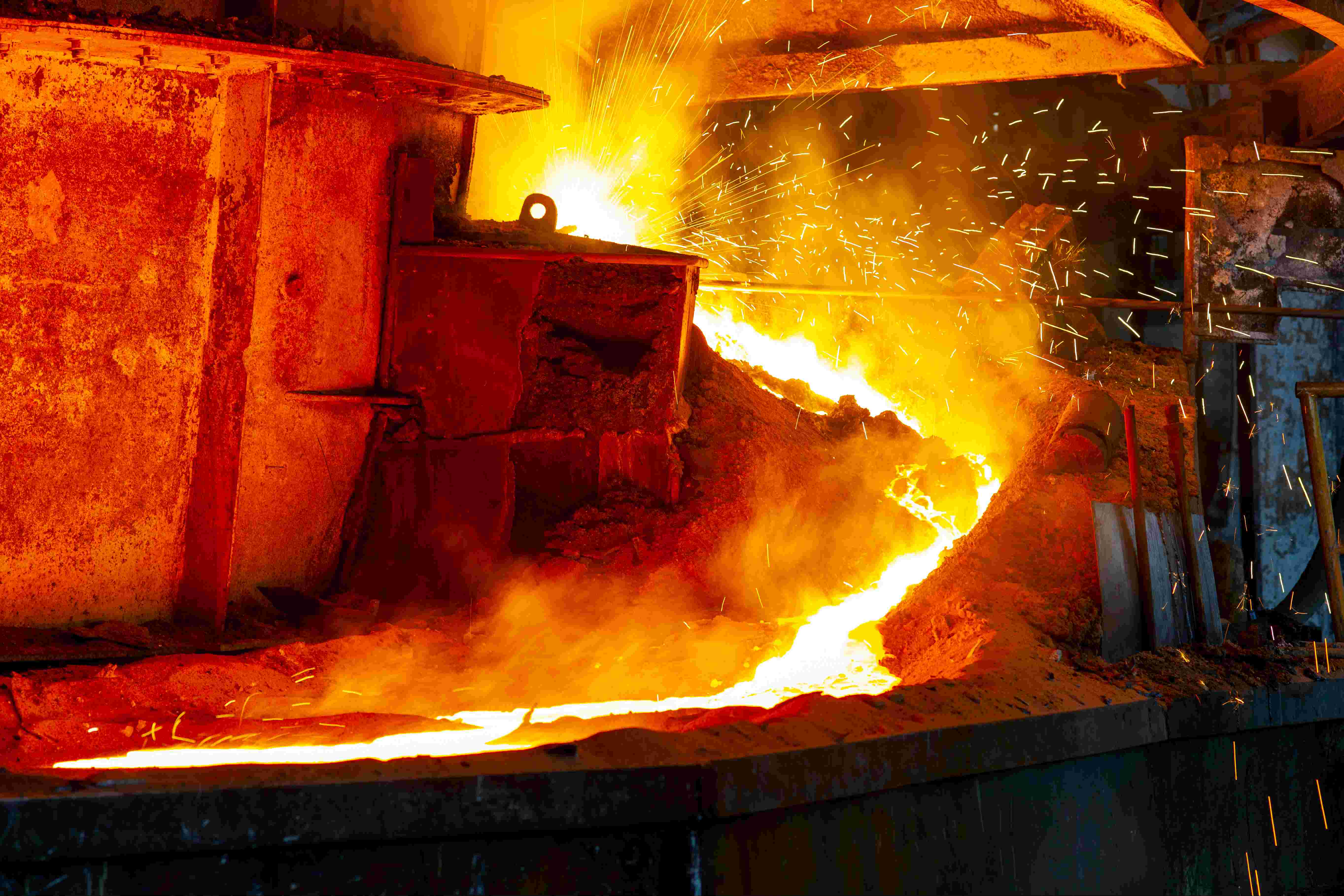What is foundry work?
2024-11-22 09:33:17 hits:0

Foundry work refers to the process and tasks involved in casting, specifically the activity of melting metals and pouring them into molds to create objects with specific shapes and sizes. Here's a detailed explanation of what foundry work entails:
Definition
Foundry work, also known as casting work or foundry operations, is a manufacturing process that involves shaping metal by pouring it into a mold. This process is widely used to produce components and parts for various industries such as automotive, aerospace, construction, and machinery.
The process of foundry work:
Initial Preparation Phase
Design Planning: Based on the specific requirements of the desired casting, carefully plan the drawings to ensure the accuracy of the casting's shape, specifications, and technical standards.
Mold Prototype Fabrication: Follow the detailed guidance of the drawings to meticulously create the mold prototype for the casting. The choice of mold material must balance the complexity and precision of the casting, with common options including wood, plastic, and metal.
Sand Core Construction: For castings that require internal cavity structures, the production of sand cores is particularly crucial. The precise construction of sand cores will directly affect the forming effect and dimensional accuracy of the casting's internal cavity.
Mold Forming: Combine the mold prototype and sand core to meticulously construct the mold in the sand box. The quality of mold forming has a decisive impact on the casting's precision and surface finish. Various forming methods, such as sand casting, metal casting, and investment casting, can be flexibly selected based on actual needs.
Metal Melting Phase
Material Preparation and Mixing: Select high-quality metallic materials and add necessary auxiliary materials according to requirements to ensure the composition and quality of the molten metal.
Metal Melting: Place the metallic materials and auxiliary materials into the melting furnace, and precisely control the melting temperature, chemical composition, and gas content to lay a solid foundation for casting high-quality castings. Different metallic materials require matching melting techniques and equipment.
Pouring and Molding Phase
Pouring System Planning: Design a scientific and reasonable pouring system to ensure that the molten metal can smoothly and uniformly fill the mold cavity, effectively avoiding defects such as pores and shrinkage cavities.
Precise Pouring: Under strict monitoring, pour the molten metal into the mold cavity. The timing, speed, and method of pouring all have a profound impact on the quality of the casting and must be precisely controlled.
Cooling and Solidification Phase
Natural or Forced Cooling: Depending on the specific requirements of the casting, choose natural cooling or forced cooling to gradually solidify the molten metal into the desired shape.
Solidification Process Control: By regulating the cooling speed and solidification method, optimize the microstructure and properties of the casting to meet application requirements.
Post-Processing Phase
Sand Removal: Once the casting is fully solidified, perform meticulous sand removal to ensure that there are no impurities left on the casting's surface and inside.
Fine Grinding: Conduct fine grinding on the casting to remove surface defects and burrs, enhancing its appearance quality and touch.
Heat Treatment Strengthening: Through heat treatment processes, further reduce internal stresses in the casting and improve its strength and toughness.
Strict Inspection: Conduct a comprehensive quality inspection of the casting, covering appearance inspection, dimensional measurement, performance testing, and other aspects to ensure that it fully meets the design requirements.
Surface Beautification: According to actual needs, perform surface treatments such as painting, electroplating, etc., on the casting to improve its corrosion resistance and aesthetics.
In summary, the casting process is a precise and complex systems engineering that requires strict control of the quality and process parameters of each stage to ensure the high quality of the final casting.
Additionally,Tiegu.com specializes in the casting industry, bringing together resources from thousands of high-quality foundries across China. We can quickly provide suppliers with premium casting products. Whether you need castings for the automotive sector, engineering machinery, agriculture, municipal projects, or other fields, we possess extensive casting experience and are capable of undertaking various casting orders.

 en
en  fra
fra  de
de  ru
ru  gle
gle  th
th  ara
ara  it
it  jp
jp  kor
kor  zh
zh 


